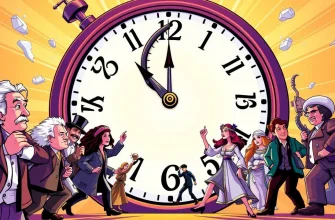Fancy a trip back in time? This curated list of biographical films will transport you to different eras, showcasing the lives of extraordinary individuals who have left an indelible mark on history. From the turbulent times of war to the quiet moments of personal triumph, these films offer a window into the past, providing not just entertainment but also a deeper understanding of the human spirit and the historical context that shaped these remarkable lives.
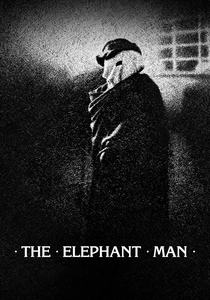
The Elephant Man (1980)
Description: The life of Joseph Merrick, a man with severe deformities, is explored in this film, focusing on his humanity, his struggle for acceptance, and the kindness he encounters.
Fact: John Hurt, who played Merrick, had to endure hours of makeup application daily, and the film was shot in black and white to avoid the makeup looking too artificial.
 Watch Now
Watch Now
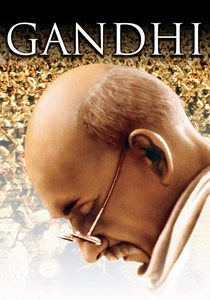
Gandhi (1982)
Description: This epic biographical film covers the life of Mohandas K. Gandhi, from his early days in South Africa to his leadership in India's independence movement, showcasing his philosophy of non-violent resistance.
Fact: The film was shot in India, and Ben Kingsley, who played Gandhi, spent months studying Gandhi's mannerisms and voice.
 Watch Now
Watch Now
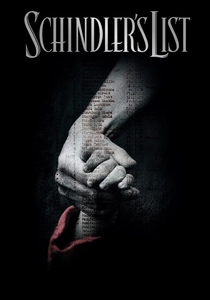
Schindler's List (1993)
Description: This film recounts the story of Oskar Schindler, a German businessman who saved over 1,000 Jewish refugees during the Holocaust by employing them in his factories.
Fact: Steven Spielberg shot the film in black and white to give it a documentary feel, and the girl in the red coat is one of the few splashes of color in the movie.
 Watch Now
Watch Now

The Pianist (2002)
Description: Based on the true story of Władysław Szpilman, a Polish-Jewish pianist who survived the Holocaust by living in hiding in Warsaw, this film is a poignant look at survival and the power of music.
Fact: Adrien Brody learned to play the piano for the film, and he lost 30 pounds to portray the emaciated Szpilman.
 Watch Now
Watch Now
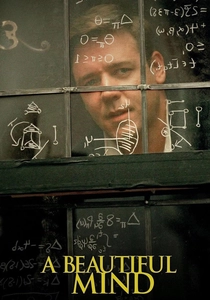
A Beautiful Mind (2001)
Description: Explore the mind of John Nash, a mathematical genius whose life was overshadowed by schizophrenia. This film provides insight into the challenges of mental illness and the resilience of the human spirit.
Fact: The film's depiction of schizophrenia was praised for its accuracy, and Russell Crowe learned to write mathematical equations for his role.
 Watch Now
Watch Now

The Diving Bell and the Butterfly (2007)
Description: This film tells the story of Jean-Dominique Bauby, who suffered a massive stroke and could only communicate by blinking one eye, yet managed to write a memoir.
Fact: The film was shot from Bauby's perspective, with the camera often placed to mimic his limited field of vision.
 Watch Now
Watch Now
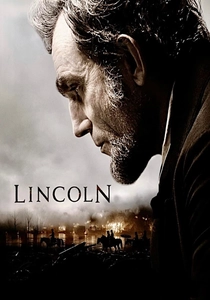
Lincoln (2012)
Description: Daniel Day-Lewis delivers a powerful performance as Abraham Lincoln, focusing on the last few months of his life, his efforts to pass the Thirteenth Amendment, and his personal struggles.
Fact: The film was shot in chronological order to capture the aging process of Lincoln, and Day-Lewis stayed in character throughout the entire shoot.
 Watch Now
Watch Now
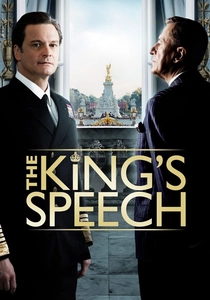
The King's Speech (2010)
Description: This film delves into the life of King George VI, who must overcome his stammer to inspire his nation during World War II. It's a testament to personal growth and the power of friendship.
Fact: The film was originally intended to be a play, and Colin Firth, who plays the King, was the first choice for the role from the very beginning.
 Watch Now
Watch Now
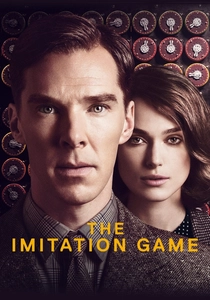
The Imitation Game (2014)
Description: This film tells the story of Alan Turing, the mathematician who cracked the Enigma code during WWII, highlighting his genius, his personal struggles, and the tragic consequences of his time.
Fact: Benedict Cumberbatch was not the first choice for Turing; the role was initially offered to Leonardo DiCaprio.
 Watch Now
Watch Now
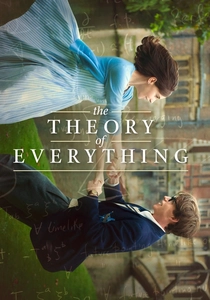
The Theory of Everything (2014)
Description: This film chronicles the life of Stephen Hawking, from his early days at Cambridge to his groundbreaking work in physics, all while battling motor neuron disease.
Fact: Eddie Redmayne met with Hawking several times to prepare for the role, and the film was approved by Hawking himself.
 Watch Now
Watch Now



